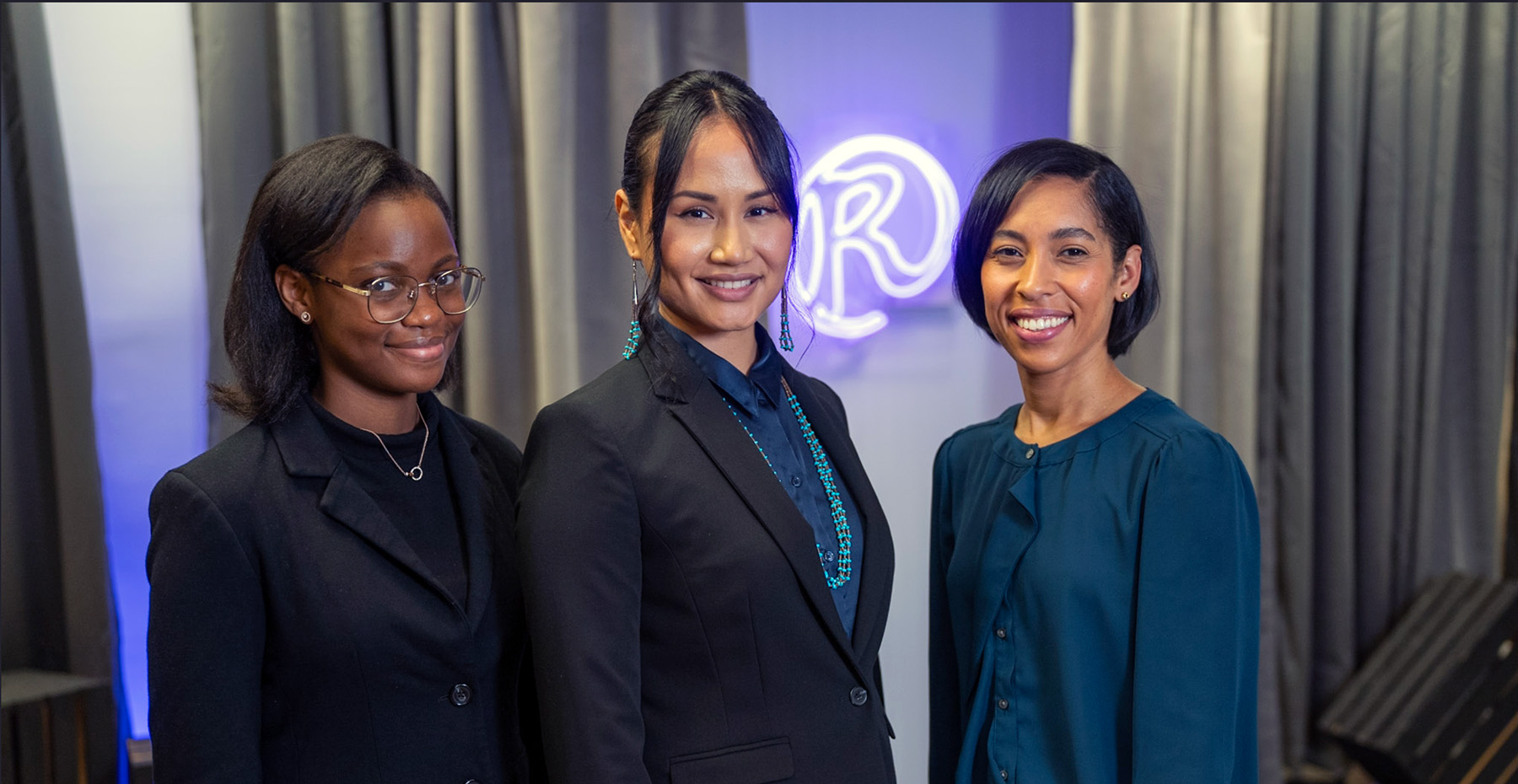By Larry Chu, MD
In the latest episode of the Represented podcast, hosted by Stanford University School of Medicine’s Anesthesia, Informatics and Media Lab, we delve into an enlightening conversation with Dr. Dominique Arce. Angel Ndubisi, a pre-medical student, and Tomoko Wilson, a medical student, interviewed Dr. Arce, an esteemed leader in the realm of Obstetric Anesthesiology at Stanford.
Dr. Arce’s foray into medicine began in her childhood, influenced profoundly by her mother, a labor and delivery nurse. Her mother’s unfulfilled aspiration to become a doctor strongly resonated with Dr. Arce, shaping her journey in medicine, especially in women’s health.
Her decision to specialize in Obstetric Anesthesiology was a culmination of her lifelong exposure to labor and delivery environments. Her experiences, particularly the interactions with healthcare professionals during her mother’s shifts, ingrained in her a deep connection with this specialty.
Dr. Arce’s background, including her upbringing by a single mother dedicated to serving underserved communities, significantly impacts her approach in medicine. Her education at Meharry Medical College, known for its focus on healthcare for underserved populations, further galvanized her commitment to this cause.

As a black woman in a predominantly white male field, Dr. Arce brings a unique perspective to anesthesiology. She shared compelling stories about how her presence has often comforted minority patients, illustrating the profound impact of racial and gender representation in healthcare. These experiences not only validate her career choice but also highlight the critical need for diversity in the medical field.
Dr. Arce passionately participates in initiatives like the Doctors Back to School program, which aims to inspire minority youth to pursue medical careers. She stresses the importance of starting such mentorship programs early, highlighting her own experiences teaching middle school students and the profound impact it had.
Tomoko Wilson brought attention to the Wy’east program, a post-baccalaureate initiative for Native American students, drawing parallels with Dr. Arce’s educational journey. These programs underscore the importance of mentorship and support in cultivating a more diverse medical community.
Dr. Dominique Arce’s journey is a compelling narrative of personal achievement, advocacy for diversity, and dedication to underserved communities. Her work in Obstetric Anesthesiology and commitment to promoting inclusivity in healthcare are invaluable. As we reflect on this episode of Represented, we’re reminded of the continuous effort needed to create a more inclusive and representative healthcare environment.

Larry Chu is a Professor of Anesthesiology, Perioperative and Pain Medicine at the Stanford University School of Medicine and Director of the Stanford Anesthesia Informatics and Media (AIM) Lab.




